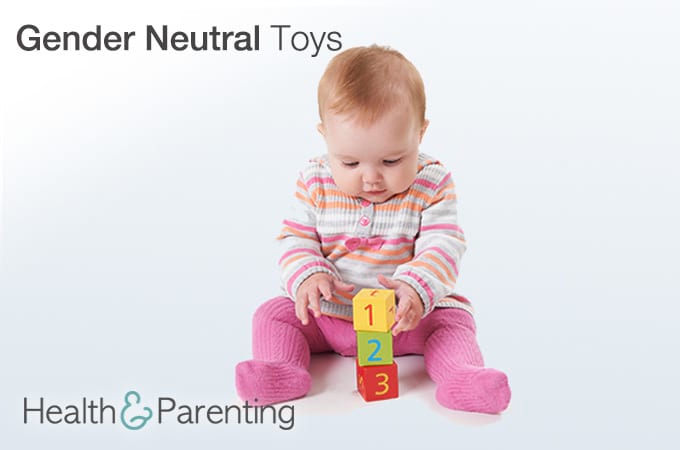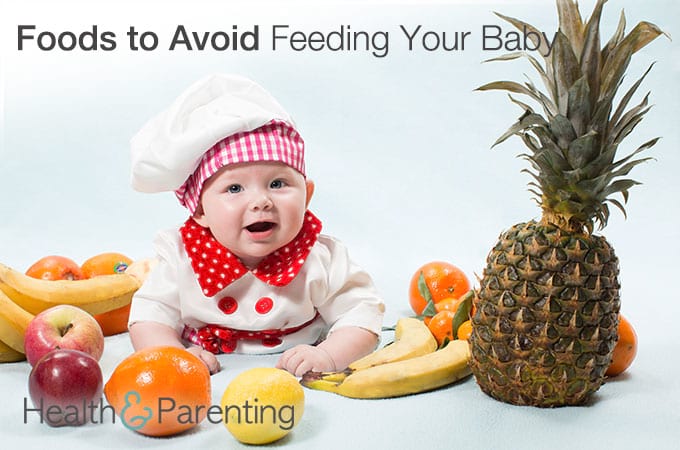Becoming a parent for the first time is a bit like somebody picking up your whole life, giving it a good shake and then tipping it out onto the floor. You know everything should still be there but can’t quite find the things you need. It’s life changing and will take you quite some time to adjust to. Becoming a parent doesn’t have to completely change you, though, it’s possible to be a good mama and still be you. Here are five things you should keep doing as a parent:
- Date night
Now that you’re parents, your relationship is more important than ever before. You have probably already noticed you have less time and energy to spend together and that can quickly start to impact your relationship. To keep things good between you, it’s important to prioritize your time together. A weekly date night is a good way of keeping the magic alive. In the early days, you don’t even have to leave the house on date night. Enjoy a nice meal together (takeaway will do) and snuggle up in front of a movie, just the two of you. Of course, your date night is likely to get interrupted for the first few months, but in time, you’ll be able to use a sitter and head out of the house to escape the demands of family life.
- Your hobbies
Everybody has things they do that make them feel at home. It might be a weekly sewing club, a political blog or morning yoga. Whatever it is, you should give yourself permission to still enjoy it. You don’t have to give up the things that make you ‘you’ just because you’re a mama. In fact, it could be argued that these things are now more important than ever – they’re the sanity savers that will come in useful when you’re sleep deprived and touched out.
- Putting yourself first
Babies are pretty dependent on their parents and that means that, at least for a little while, you’ll be coming in second. Some days you won’t even get to pee or eat when you want to because you’ll be so busy looking after that gorgeous little baby. It’s rewarding but exhausting and sometimes you need to take a little something for yourself. To be the best mama you can be, you need to have all of your needs met sometimes too. When you can feel yourself getting burnt out, hand the baby over to your partner and take some time for yourself. You’ve earned it.
- Exploring
Some people seem to think that having a baby means your life is over, but it’s definitely not true. Having a baby may change your life, but it doesn’t have to restrict you. You can still travel the world and explore places you’ve never been. Sure, you might pick out different destinations or consider different transport options with a baby in tow, but you can still travel the world with a baby. And what a lucky baby, how many babies can say they’ve been to the far side of the world just to explore with their parents?
- Investing in your friendships
Friendships come so easily to children, but they can be hard to maintain when you get into adulthood. When you’re busy with work commitments, family life and have to think twice before agreeing to a night out of city break, it becomes harder to maintain those friendships. They are, however, important. Your friends are the people who will listen to you moan without judgement, help you out when they can and always be there to cheer you up. Make time for them and make sure they know you love them, even when you don’t have time to spare.
Written by Fiona (@Fiona_Peacock), mother, writer and lover of all things baby related.
This information is not intended to replace the advice of a trained medical doctor. Health & Parenting Ltd disclaims any liability for the decisions you make based on this information, which is provided to you on a general information basis only and not as a substitute for personalized medical advice. All contents copyright © Health & Parenting Ltd 2016. All rights reserved.
















